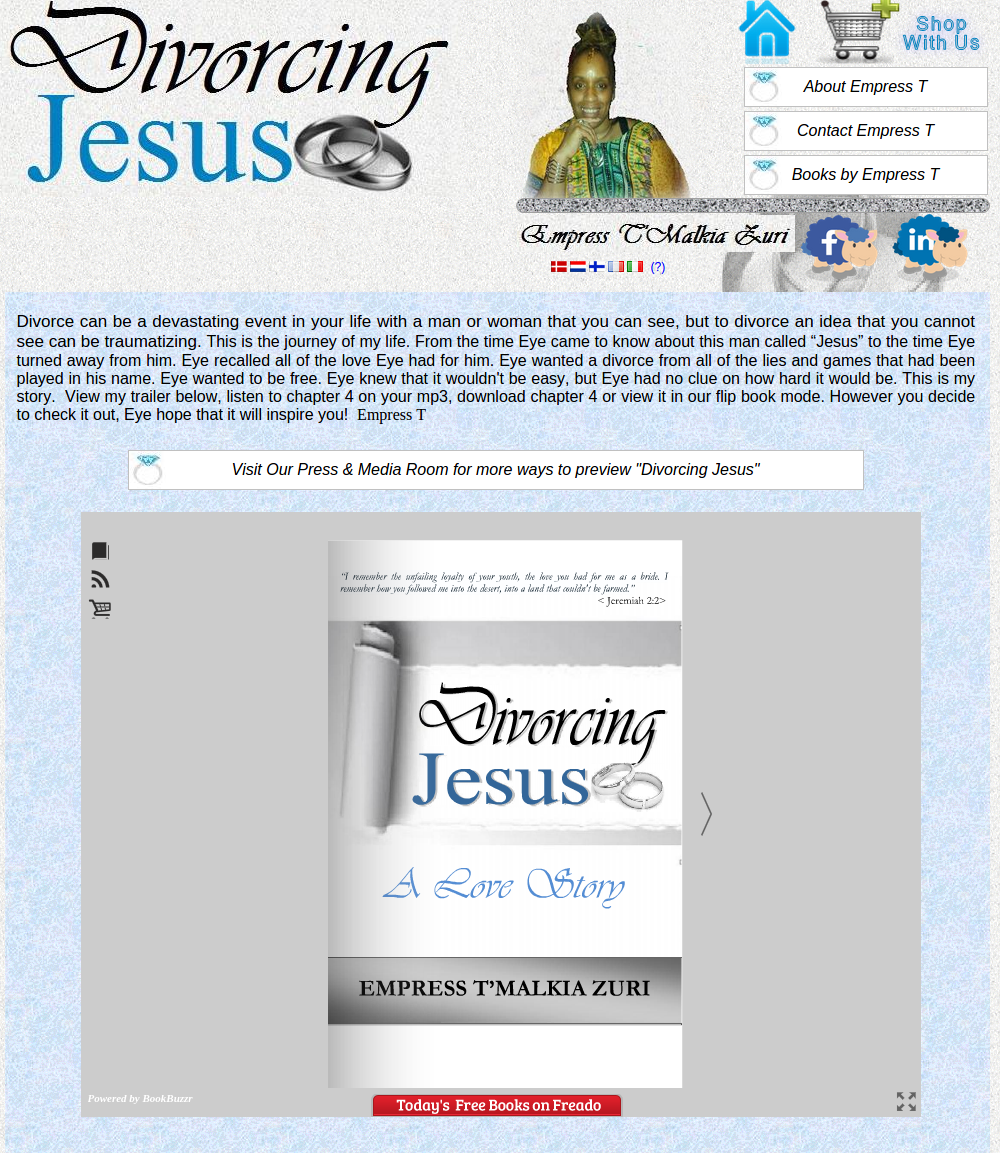This attitude translates online as well. At BookBuzzr we often see authors putting up as little as 5 pages of their book for online reading. These authors are probably afraid that if they put up more of their book for online sampling, readers will not buy their book since they will have got the gist of the book by going through the free sample pages. What they don’t realize is that these readers land up becoming ambassadors for their books and will evangelize the book offline with their friends or on social networking sites such as Facebook or MySpace. Some of the most successful authors have been able to achieve their success because they were liberal in sharing their information.
For example, if you visit the site of Seth Godin or Guy Kawasaki, you will see these guys sharing copious amounts of information. And yet, when their books get released they are often successful and sell thousands of copies. Why is that? It’s because for most people books are souvenirs. You can get a lot of information for free on the Internet. Of course, people pay for the packaging of information in a particular way or for the convenience of being able to read it away from their computer screens. But in both these scenarios, they have the option to borrow it from their friends or a library or game the system in some other way (for example downloading a pirated copy of your book.) The only reason they’d willingly pay for your book is because they’ve resonated with the book and want to be able to own it.
Years ago, I’d heard about the book “Fooled by Randomness.” But I’d stayed away from the book because I’d thought that it was too academic. Then, a few months ago, I borrowed the book from Chetan Dhruve. I read the book and fell in love with the ideas that the author presents. It became one of my favorite all time books. Then I went out and bought a copy of the book for myself. Next, I bought additional copies of the book and have been distributing it to friends and others.
Why is this?
First I feel like I owe a debt of gratitude to the author for the pleasure and new insights that he has given me. So I feel like I must evangelize his book. Next, I feel that my friends will benefit from reading the book. So I give it to them as gifts. And I keep a personal copy because it reminds me of the time that I derived pleasure and insight when I first read the book. And I can reach out for it whenever I need to re-read the book.
You’ve got to understand that as an author you are an idea merchant (in the words of Seth Godin.) Your primary job is infecting the world with your ideas and hoping that they will spread. If you are successful, then your book will sell by itself. For example, you may not have read any of Isaac Asimov’s novels. But you’ve probably heard of his 3 laws of robotics:
- A robot may not injure a human being or, through inaction, allow a human being to come to harm.
- A robot must obey any orders given to it by human beings, except where such orders would conflict with the First Law.
- A robot must protect its own existence as long as such protection does not conflict with the First or Second Law.
Here is an idea that has the potential to grow wings and propagate virally. And so the idea has been propagating for nearly 70 years (since 1942!) Imagine if Isaac Asimov had been stingy about giving away these laws. Imagine if he’d told his dinner party conversationalists “I’ve got 3 important laws of robotics which will interest you. But you would need to purchase and read my book if you need to learn about them.” Would Asimov have been as famous as he is?
Think about what core ideas are contained in your book. And see if you can extract these ideas and distribute them in some way. Perhaps you want to make a video, presentation, t-shirt, coffee mug or bumper sticker. Speak about your idea frequently at conferences, online forums and parties. Get your audience to discuss your idea. If your idea begins to spread, then you’ve got it made!
(NEXT: Book Marketing Mistake Number 5 – Not creating enough impressions)
(NOTE: The author wishes to thank Chetan Dhruve, Freya and other members of the BookBuzzr team for their inputs into this series of articles.)



